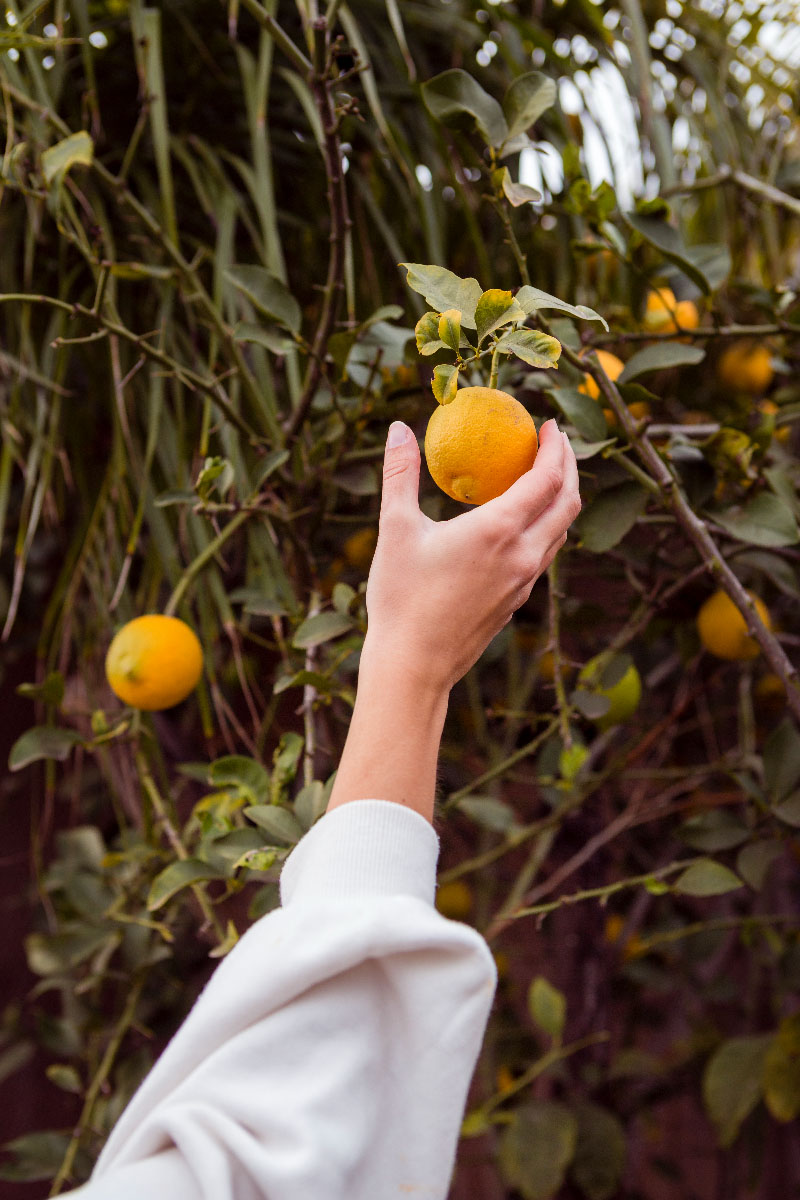There is a subtle message that hides in every beautiful facet of the world. It manifests itself in the colourful plumage of birds that are competing for a partner, in the howl of a wolf that is marking its territory and even in the roots of a plant that claims a piece of land for itself. This message is the fact that the drive for competition is inherent in every living creature. Competition inevitably leads to some form of inequality as the winner becomes the recipient of the resource that he was competing for, while the defeated individuals do not gain anything.
This form of competition and subsequent inequality is, in its own way, natural. It helps the stronger, smarter or more skilled members of a species survive so that the overall population has a higher chance of thriving regardless of the threats or obstacles that it may face as a whole. There is, however, a definite problem when this very characteristic is observed amongst human beings as well.
Human beings have evolved to the point where we no longer need to compete for resources because we are capable of producing our own resources according to demand. Yet, we still battle the issue of scarcity in some parts of the world.
This is not because there are not enough supplies for all of us, but rather because these supplies are not being allocated to everyone as required by them. Some people in our world have so many resources that they can sustain themselves for generations. On the other hand, some people barely have enough resources to nourish themselves.
This issue of inequality is one that is deep and multi-layered. Although inequality cannot be corrected overnight, we can mitigate its effects by attempting to establish equity instead.
Imagine that there is a large, tall tree that contains enough fruits to feed everyone who needs nourishment. However, because it is so tall, only some people can reach it while others cannot.
This is an example of inequality. Attempting to correct this inequality is extremely difficult because the tree is already quite deep-rooted. Accidentally damaging it can result in the entire population losing their source of food. Thus, instead of trying to fix the tree, we can simply give a helping hand to those who need it. We can make it our responsibility to ensure that those who cannot reach the tree have access to a stool or ladder which they can use to pick the fruit.
As members of the younger generation, it is our responsibility to make changes to our world so that it becomes a better place for everyone. Our ancestors spent decades fighting for the rights and privileges that we enjoy today.
Let us not fail to notice that these rights and privileges have not yet been made accessible to every single person in the world. Until that day arrives, we must continue to carry on the legacy of innovation, empathy and human connection that differentiate us from the wild creatures that compete over resources rather than share them equitably.







